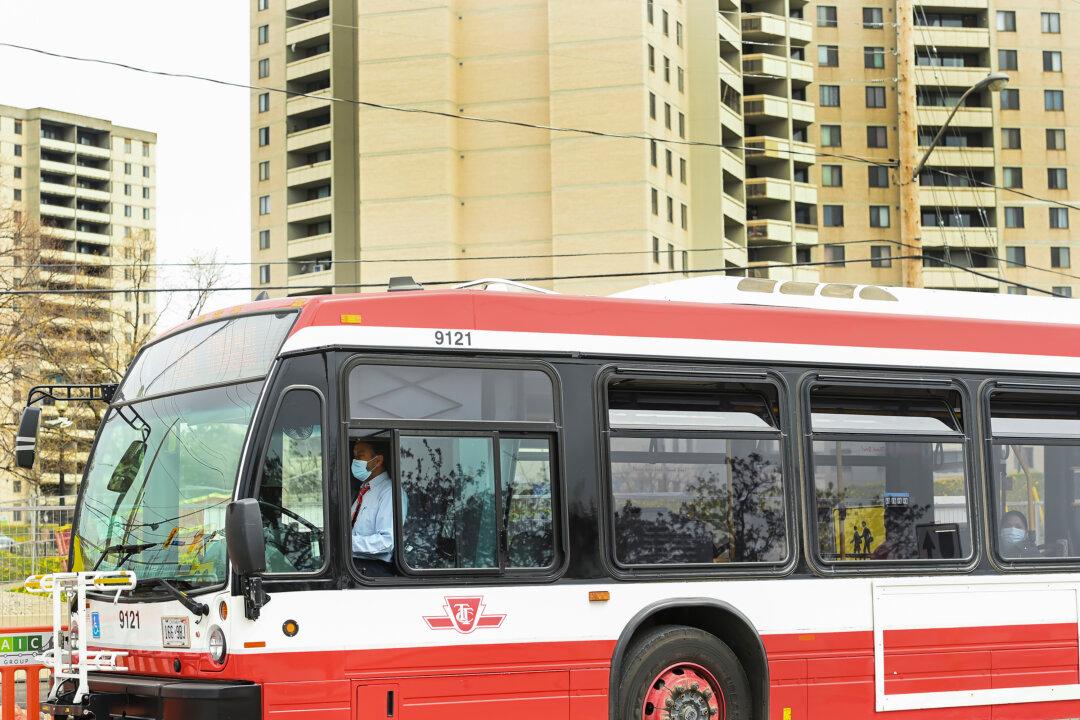“Private capital” may be needed to revive public transit in Canada, according to a federal report.
“We heard that the immense need for, and the associated costs of, major public transit projects cannot be met by governments on their own,” said Infrastructure Canada in a report released on July 25, as first reported by Blacklock’s Reporter.





